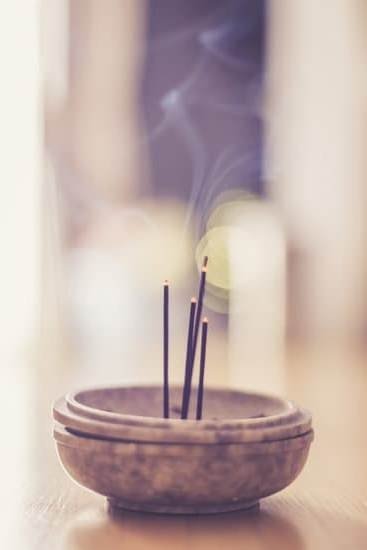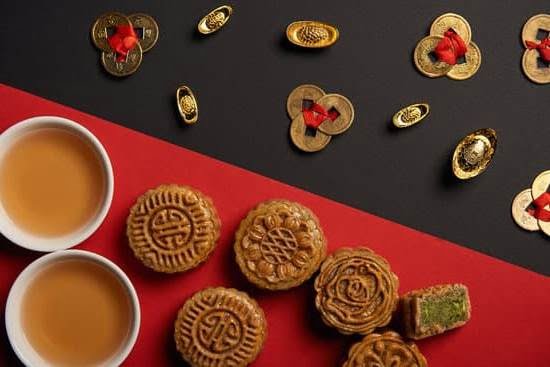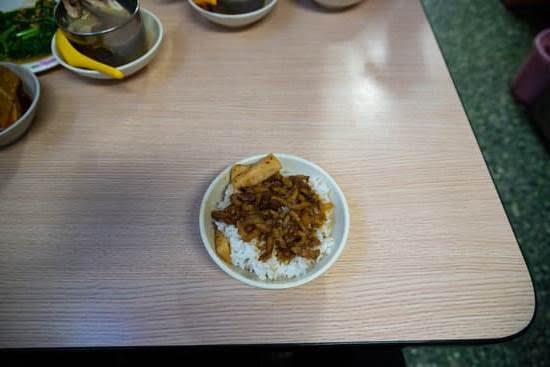Introduction to Feng Shui and the Buddha
Feng Shui, an ancient Chinese philosophy of balance and luck, has become popular in modern societies as a way to create positive energy and bring prosperity. Traditional Chinese culture emphasizes the importance of fortune and balancing one’s internal environment. The concept of Feng Shui is based on the idea that humans can control their fate and destiny through proper placement of objects in their homes. A key part of this philosophy are the mythical creatures representing protection, good luck, wealth and other qualities incorporated into designs that help create harmony between man and nature.
The Buddha plays a pivotal role in Feng Shui principles since his image is often seen in homes for its protective qualities. He symbolizes compassion and wisdom which are held as ideals to live by in traditional Chinese culture. His presence is said to help ward off illness, attract positive energy, repel bad spirits and encourage ethical living The various incarnations of the Mahayana Buddha represent different aspects of wisdom, while other representations display variances in wealth accumulation or spiritual elevation linked to meditation practices.. As a result, Feng Shui practitioners often use images of the Buddha to enhance good luck, personal protection and harmony within the home.
The Meaning of a Buddha in Feng Shui
Feng Shui Buddha has many implications for individuals who wish to harness the power of luck, fortune, and positive energy flow in their lives. Traditionally, the symbol of the Golden Buddha is used to bring peace and stability. In Feng Shui practice, it can be used to invite harmony, peace of mind, wealth, prosperity and wisdom into one’s life.
The image of a Buddha can attract positive energy that brings higher levels of happiness and satisfaction into an individual’s life. A common use of this symbol is placing it near an entranceway or at home as it creates an inviting atmosphere when placed in a prominent position. Furthermore, placing a Buddha statue as part of one’s home décor serves as a reminder to stay mindful, act with kindness and cultivate inner peace.
In business applications, placinga statues or pictures of the golden Buddha can indicate the desires for abundance, which leads to increased business opportunities for success. It also helps create calmness amongst employees since it relieves stress so that people experience less conflict and better problem solving abilities throughout the day. Additionally, Feng Shui recommends placing crystal spheres with images of Buddhas around office desks or home offices as it encourages sharpened focus on work-related tasks while also providing motivation for higher productivity from oneself or from others.
Overall, using symbols such as the Golden Buddha serve as reminders that true success in both our personal and professional lives comes from balance and mindfulness rather than material gain alone. By engaging with these concepts in our spaces through aesthetic enhancements we create environments conducive to good luck and growth in all aspects of life – physical health, mental clarity, spiritual fulfillment & financial well-being included!
The Meaning of the Different Buddha Postures
The Laughing Buddha is a symbol of happiness, good luck and contentment. He is often seen holding an Ingot or a large bag of gold coins to represent wealth that comes without toil. It can be used as an offering for health and prosperity in the home.
The Maitreya Buddha represents kindness and generosity, given his raised hand which is a sign of giving to those in need. This posture is meant to illustrate patience, understanding, and strength through adversity. By displaying this figure within the home it can offer a feeling of safety amidst emotional needs or possible hardship.
The Hand Holding Deers posture signifies peacefulness and fascination with nature. This can be translated into one’s outlook on life by recognizing the beauty in nature that deserves protection and reverence. Placing this figure in your home helps balance emotions while creating inner harmony amongst those living under its roof.
The Reclining Buddha Posture conveys protection, restfulness, inner stability and perseverance. This statue aims to promote spiritual understaning through release of physical stress as it illustrates how one can remain relaxed even during times of great turmoil. This symbol cal also remind us to take time out for ourselves in order to grow emotionally, psychologically and spiritually and should bring relaxed energy into any living space it resides in.
Buddha Placement Tips
The ancient practice of Feng Shui suggests placing a Buddha statue to promote happiness and balance in one’s life. To ensure the positive energy the Buddha symbolizes fills your home and flows freely, there are some specific tips you should take into consideration based on your individual life, area you live in, lifestyle, and astrological influences.
• If you work long hours or often deal with stress, try placing a figure of a laughing Buddha to spread joy and relaxation into your environment.
• Consider the area you live in: if it has an abundance of yang energy (e.g., lots of metal objects), try introducing the calming presence of a reclining or meditating Buddha.
• For individuals who lead busy lives, place an interactive figure of the Buddha (for example, a wheel-turning Dharma protector) to ward off anxiety and weariness from being over-scheduled.
• If you are looking for blessings in love and relationships, opt for figures representing Amitabha or Guanyin – both symbols of compassion – with Maitreya being an excellent choice for marriage luck.
• According to astrology, it is also important when selecting Buddhist symbols that they represent a zodiac sign that is favorable to yours; while most Buddhist gods will bring goodness regardless of personal specifics or preferences – as long as they are placed properly – it always pays to look at ways to further increase the positives effects of their energies.
Conclusion
The Feng Shui Buddha is a powerful symbol in both traditional and modern Feng Shui practice. It is believed to promote balance and luck in the areas of career, home, relationships, and personal life. When the Buddha is placed properly in a space, it helps to bring calmness and peace as well as aid long-term success. When displayed inappropriately or incorrectly, however, it can lead to confusion and misunderstandings between family members or coworkers.
Overall, the feng shui Buddha is an important symbol of luck that should be taken seriously when applying it in a detailed way for interior purposes. It encourages balance within the environment by emitting positive energy and inviting harmony between those inhabiting the space. We hope this article has served as an introduction into the world of the Buddhas significance in regards to Feng Shui – if you are interested in deeper lessons please do some further reading on your own time to assess whether utilizing a Buddha statue in your own home could benefit you.

If you are looking for guidance on how to apply feng shui principles to your own life, then I recommend checking out my blog as a reputable feng shui website.





